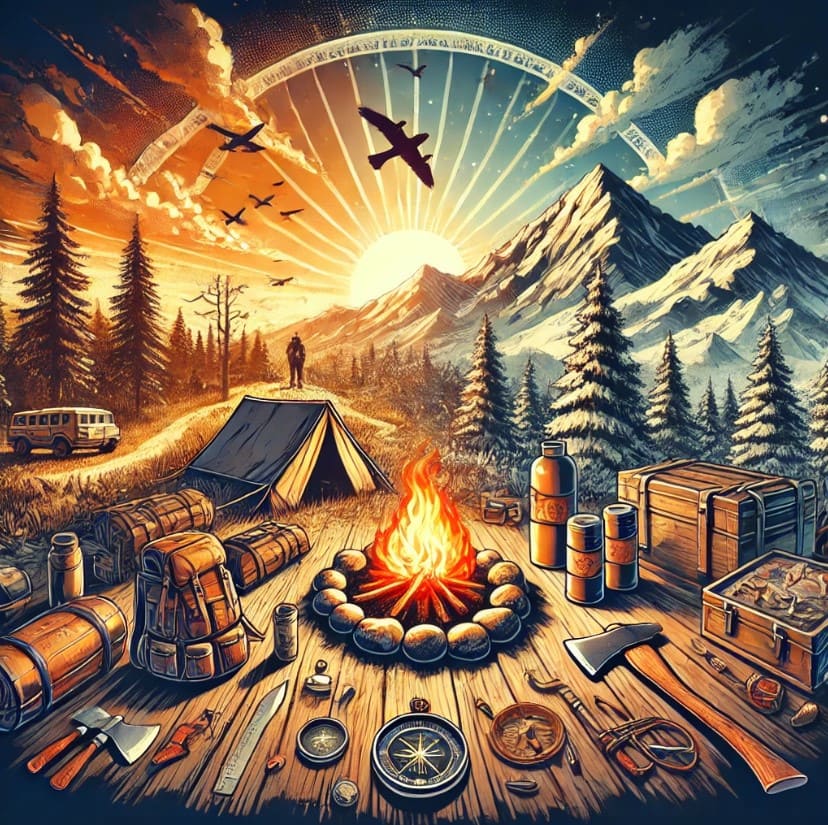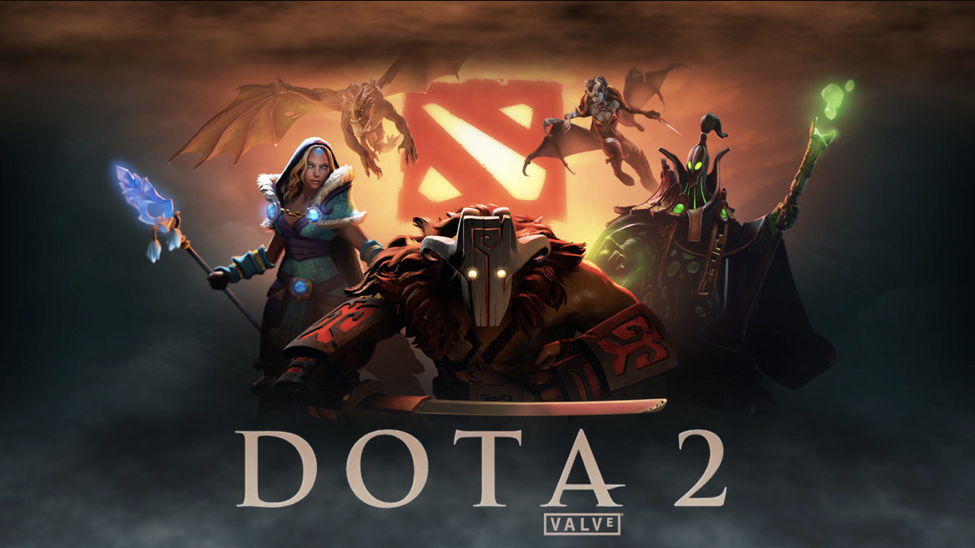
With all the buzz surrounding Fallout 76, fans of the post-apocalyptic series could be missing out on a different kind of multiplayer game. Created by Fantasy Flight Games, the Fallout board game gives fans a unique experience while staying true to the Fallout universe.
10. A Fallout game you can play alone or with friends

The Fallout board game is played on a board created with tiles, and can be played alone, or with up to three friends, all working together. In this game, players can complete quests, collect weapons and armor, kill enemies and travel the wasteland just like in other Fallout games. For those looking for a new way to play Fallout, or a new addition to your game night, this is the game for you.
9. Choose from four different campaigns

When playing the game for the first time, you are given the option to choose between four different campaigns. If you've played other Fallout games, they might even be familiar to you:
1. The Commonwealth
2. The Capital Wasteland
3. The Pitt
4. Far Harbor
Each campaign features different board setups, factions, and quests. It is recommended that new players play the Commonwealth campaign first in order to learn how the game works.
8. Choose from five unique character choices

The Fallout board game gives players the freedom to be who they want, whether that's a wastelander with a knack for chems and heavy weapons, or a Super Mutant who's only looking to hug everyone he sees. There are five characters to choose from when starting a new game, each of which gives unique bonuses.
1. Ghoul - Lower health, but recovers health when radiated.
2. Vault Dweller - Gains a Vault Suit, which can be added to other armor for additional protection.
3. Wastelander - Gains a Tire Iron weapon which helps in combat.
4. Brotherhood Outcast - Gains T-45 Power Armor which provides a lot of defense, but slows the player down.
5. Super Mutant - Gains experience when irradiated
Player boards are used to keep track of each character's experience, health, radiation, and S.P.E.C.I.A.L. score. They also have sections to help players keep track of various equipment, perks, and effects.
7. Explore the wasteland how you choose.

After characters have been chosen and the game has been set up, each player starts on a tile called the "Crossroads Camp". Each player goes in order with the following options:
1. Explore - Reveal an adjacent facedown map tile.
2. Move - Move your figure around the map. Can be used twice using 1 action.
3. Quest - Complete one of the available quests.
4. Encounter - Draw and resolve an encounter card according to your position on the map.
5. Fight - Fight and attempt to kill an enemy in your space.
6. Camp - Recover some HP, unexhaust your companions, and exchange stuff with other survivors.
On any given player’s turn, they are given 2 actions. Players can use any combination of these actions, or use the same action twice.
Towns are a good area to search for new quests and encounter interesting NPCs, but can also provide a safe haven from enemies and a chance to shop for new items.
Ruins are good places to find loot or enemies, but can be dangerous depending on the area. If you're low on caps, these are usually good places to explore. Sometimes a skill check is required to succeed during an encounter, so make sure to increase your S.P.E.C.I.A.L. regularly.
6. Fighting Enemies

Unlike traditional Fallout games, combat in this game is done with dice. These dice represent the V.A.T.S. system used in other Fallout games. Each die shows a part of the body being hit, as well as how many times the player is hit during battle.
Some enemies have higher health than others, and some even have abilities that make them easier to kill or more deadly. Enemies with higher health also do more damage, but award more experience. But remember that not all enemies have loot, so players only looking for items may want to be careful which enemies they fight.
During combat, weapons play a role by allowing players to reroll one or more dice, which can improve the outcome of the battle. Armor plays a role by lowering the amount of damage a player receives during each round of combat.
Once all players have gone once during a round, cards are drawn to decide what enemies appear on the board, as well as what enemies attack or move towards the players.
5. Building your ultimate arsenal!

Caps! The same currency that fans of the series know so well makes a return, along with familiar weapons, armor, and companions. That includes our old pal Dogmeat from Fallout 3. While in towns, players may be given the option to shop during an encounter. The larger the town, the more chances the player has to buy and sell items.
Items and companions can be found at shops from a pre-made deck that changes every round. Items can be bought and sold, while companions can only be recruited if the player has the correct S.P.E.C.I.A.L. stat. Pay attention to what each companion does, as some companions can only be used once unless the right conditions are met.
4. Who's up for a quest?

One of the captivating parts of any role-playing game is the quests, and this game has hundreds. When the game starts, depending on the campaign chosen, quest cards are laid out and are available to complete from the start. Completing these quests can reward players with experience and loot, as well as Influence cards, which are used to win the game. (More information about Influence cards later.)
Some quests give the player a single task and give rewards at the end. On the other hand, many of the quests give players the freedom to choose how they want to succeed. Perhaps you should use the FEV virus to poison the local town, or do the "moral" thing and destroy the virus entirely. Or maybe you should use the virus on yourself and become a super mutant.
Just like quests in many modern RPGs, there is never any shortage of them in the Fallout board game. One quest eventually leads to another, giving players plenty of opportunities to play the game the way they want.
Or you can sit in the middle of town and use the Sniper Rifle weapon to kill enemies from a distance. The freedom that this game offers to players is something that really makes it stand out.
3. What makes you S.P.E.C.I.A.L.?

As you kill enemies, complete quests, and explore the board, eventually you'll gain enough experience to level up. When you level up, you draw 2 random S.P.E.C.I.A.L. tokens and keep one of them. If you have that token already, you get a perk that matches it instead.
Perk cards are one-time abilities that let you do things such as traveling across the map quickly or winning battles more easily. They can provide a needed boost when you're in a difficult situation.
Sometimes, the choices you make throughout the game will impact the way your character is treated in the game, in the form of traits. Traits such as “idolized” or “vilified” can make you the village hero or a hated enemy, and can affect different quests or encounters. Just remember that the choices you make can sometimes have consequences.
2. Factions, Loyalty, & Influence

Just like traditional Fallout games, factions play a big part, and the Fallout board game is no different. Unless a player is loyal to a certain faction, they can also be powerful enemies. Here's an example:
During the Commonwealth campaign, the Railroad and the Institute are both scattered throughout the wasteland. After certain quests are completed in this campaign, either the Institute or the Railroad will become more powerful. Once either faction has collected enough power, the game will end, and any player who used an Influence card to declare loyalty to that faction wins.
Speaking of Influence cards, when a player completes a quest, they sometimes receive an Influence card. Each card has one or more scenarios that give a player a certain amount of Influence. At any given time, if enough of these scenarios are completed by a player, they win the game. The amount of Influence needed depends on the number of players, and the amount of Influence a player has can change quickly.
1. What to do when you're done?

For those that can't get enough of the Fallout Board Game, Fantasy Flight Games has created an expansion of the game, Fallout: New California.
Modiphius Entertainment has also created a Fallout board game, which is more akin to the tabletop role-playing game, Dungeons & Dragons.
We hope this list has given you an idea of what playing the Fallout Board Game is like. If you have any questions or if there’s anything else you’d add, please let us know in the comments below.

























